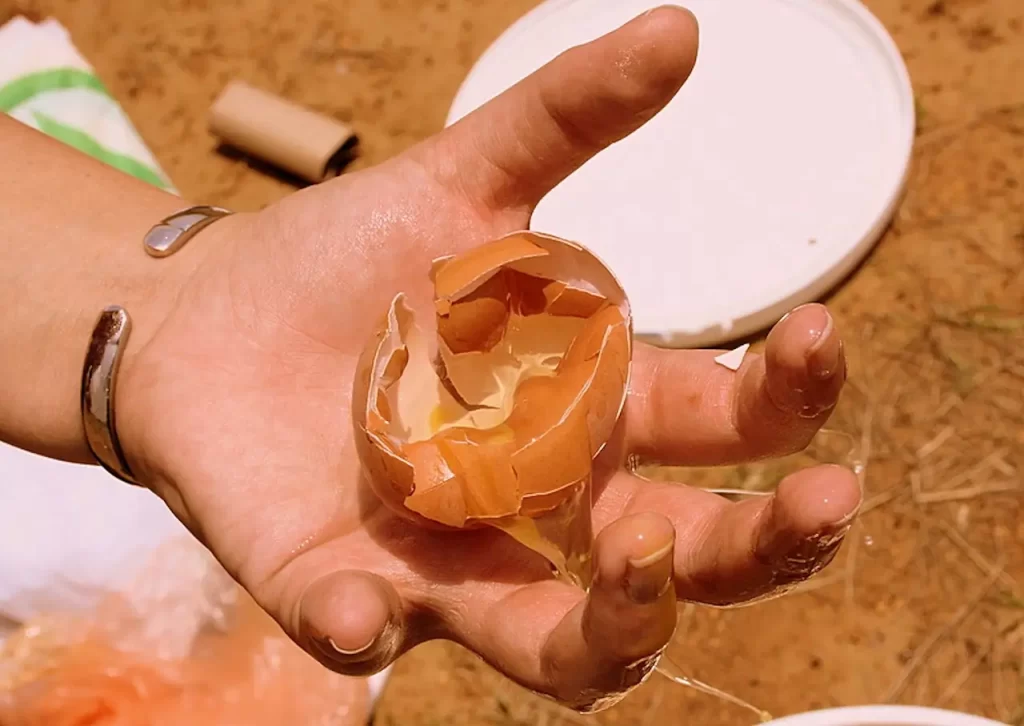A garbage disposal is a handy kitchen appliance that helps to quickly and conveniently dispose of food waste, reducing the amount of organic matter that ends up in your trash bin. However, not everything can be thrown down the sink drain with a garbage disposal. Understanding the do’s and don’ts of using a garbage disposal can help you avoid clogs, jams, and other plumbing issues. In this blog post, we will explore the guidelines for using a garbage disposal properly to keep your kitchen sink drain running smoothly.
Do’s of Using a Garbage Disposal:
- Do use cold water: When using a garbage disposal, always run cold water while it is in operation and for a few seconds afterward. Cold water helps solidify the food waste, making it easier for the garbage disposal to chop it into smaller particles that can safely flow through the drain pipes.
- Do chop food waste into small pieces: Before putting food waste into the garbage disposal, chop it into small pieces to prevent overloading the unit. Large chunks of food waste can cause the blades to jam or the motor to strain, leading to damage or malfunction.
- Do use it regularly: Regularly using your garbage disposal can help prevent buildup of food particles and keep the blades sharp. Running the garbage disposal with water and small food waste, even if you don’t have a lot of scraps, can help keep it in good working condition.
- Do use it for appropriate food waste: Garbage disposals are designed to handle soft food waste, such as fruit and vegetable scraps, coffee grounds, eggshells, and small amounts of cooked meat or fish. These items can be safely processed by the garbage disposal and flushed down the drain.
- Do clean and maintain your garbage disposal: To keep your garbage disposal running smoothly, clean it regularly by running a few ice cubes or citrus peels through it to help clean the blades and freshen the unit. You can also use a garbage disposal cleaner or a mixture of baking soda and vinegar to eliminate odors and remove buildup.
Don’ts of Using a Garbage Disposal:
- Don’t put hard or fibrous food waste down the drain: Avoid putting hard or fibrous food waste into your garbage disposal, as it can damage the blades and motor. Examples of food waste to avoid include bones, fruit pits, shells, corn husks, celery, onion skins, and artichokes.
- Don’t pour grease or oil down the drain: Grease and oil can solidify and cause clogs in your drain pipes and garbage disposal. Always dispose of grease and oil in a separate container and dispose of it properly in the trash or recycle it if applicable.
- Don’t put non-food items down the drain: Never put non-food items, such as plastic, metal, glass, paper, or cigarette butts, down your garbage disposal. These items can damage the blades, motor, and plumbing pipes.
- Don’t overload the garbage disposal: Avoid overloading your garbage disposal with too much food waste at once. Overloading can cause the blades to jam, the motor to strain, or the garbage disposal to malfunction.
- Don’t use harsh chemicals: Avoid using harsh chemicals, such as bleach, drain cleaners, or chemical cleaners, in your garbage disposal. These chemicals can damage the blades, motor, and plumbing pipes, and they can also be harmful to the environment.
Proper use and maintenance of your garbage disposal can help extend its lifespan and prevent plumbing issues. By following the do’s and of the guidelines mentioned above, you can ensure that your garbage disposal operates efficiently and helps keep your sink drain clear and functional. Remember to use cold water, chop food waste into small pieces, use your garbage disposal regularly, clean and maintain it, and only put appropriate food waste down the drain. Avoid putting hard or fibrous food waste, grease, oil, non-food items, and harsh chemicals down your garbage disposal to prevent damage and clogs.
By following these do’s and don’ts, you can prevent common issues with your garbage disposal and keep your kitchen sink drain running smoothly. If you encounter any problems with your garbage disposal or other plumbing issues, it’s best to consult a professional plumber for proper diagnosis and repair. Proper use and maintenance of your garbage disposal will not only help you avoid costly repairs but also contribute to a healthier and more efficient plumbing system in your home.
Remember, a little care and attention to your garbage disposal can go a long way in keeping your kitchen clean, functional, and free from plumbing issues. By being mindful of what you put down your sink drain and following the guidelines for using a garbage disposal, you can enjoy the benefits of this convenient kitchen appliance for years to come.


